The NSR would not be possible if it were not for the crazy boys and girls of the rescue crew who are prepared to jump into the cold water repeatedly over the course of the weekend.
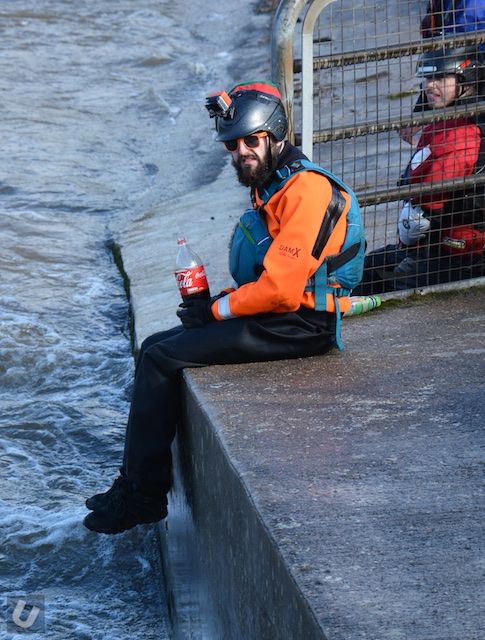
I also enjoy capturing them in action.
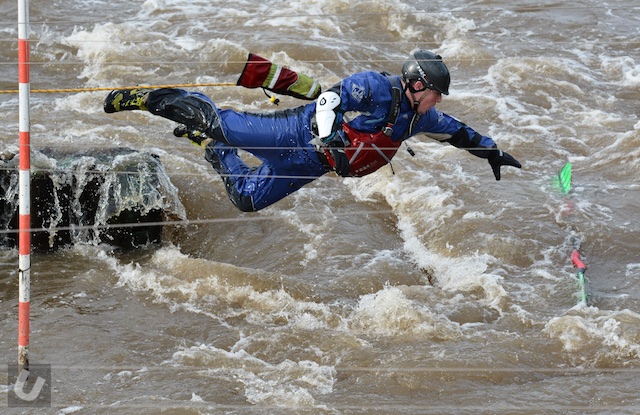
Paddling tips, tricks, news and gear reviews from an Unsponsored point of view
The NSR would not be possible if it were not for the crazy boys and girls of the rescue crew who are prepared to jump into the cold water repeatedly over the course of the weekend.

I also enjoy capturing them in action.

Welcome to Dirty First Aid Series – Part 5 which will focus on Hypothermia.
Paddlers, no matter the discipline or location can all suffer from Hypothermia – a condition brought about due to the lowering of the core body temperature. Its final stage is death. Hypothermia is caused when someone cannot produce enough heat themselves to fight the effects of cold. Immersion in colder water, cold air temperature or exhaustion are the usual suspects. The former is the one that we will look at now – principally because it’s the one that we come across most often as paddlers.
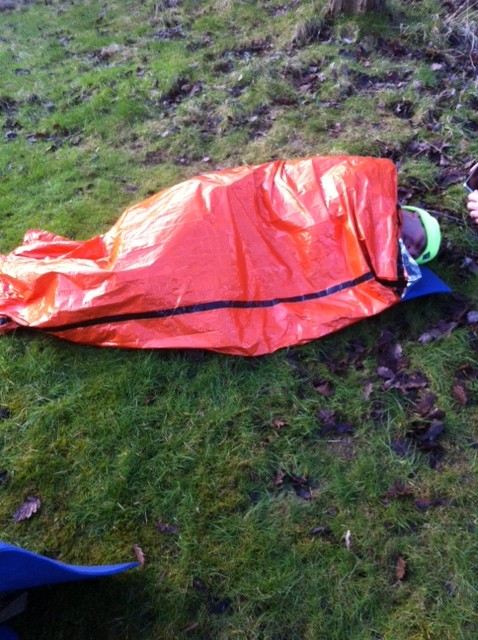
Immersion hypothermia can mean that the body hasn’t depleated all its energy reserves, meaning the casualty can possibly respond quicker and recover with simple #hacks #dirtywork.
A couple of days back a SOL Emergency Bivvy landed at Unsponsored HQ. Essentially it is an alternative to the big orange plastic bivvy bags that most of us are familiar with. But it is much smaller and lighter.
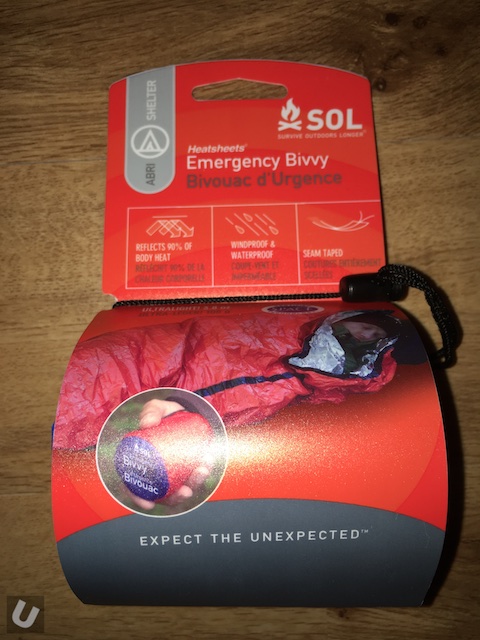
It is certainly a very compact piece of gear when packed up. Size wise it probably is similar to half a regular sized can of your favourite soft drink beverage and weighs in at around 3.8oz. It is small enough to fit within a rescue PFD pocket.
We will have our hands on a new Palm Equipment Lightning throwbag very shortly and will be forcing members of Team Unsponsored to swim to try it out. We had close look a few weeks ago at Palm HQ and it is clear that they are going to be very popular.
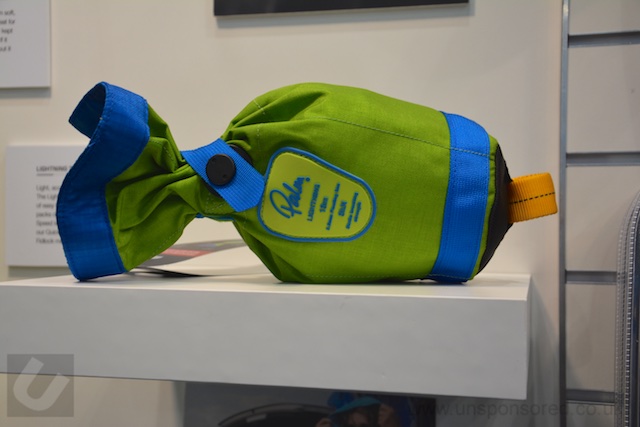
The DMM Boa is one of the biggest locking carabiners available. It is billed as the ultimate rigging biner and is used by climbers and high rope access technicians. The Boa is super strong and super tough so this makes it ideal for paddling. I’ve had two types of Boa as shown below. They are the essentially the same in design and weight but have different locking systems. The one on the left has the traditional screw gate and the one on the right has a lock safe gate system.
You’ve go to love a video that starts with Top Secret.

This classified video is from Whetman Equipment and shows their Pig Rig setup. It is well worth a watch.
Nelihue is another great edit from Chris Baer. This edit shows that despite how great our sport is there is always a chance that something may go wrong. When it does wrong you need to have a good team around you.

Aeon Russo, Mark Taylor, and Chris Baer spending some time at Salto del Nelihue. Aeon has a great line, and Chris looses his paddle forcing him into the cave.
This has got to be a must watch for all sit on top kayak users.
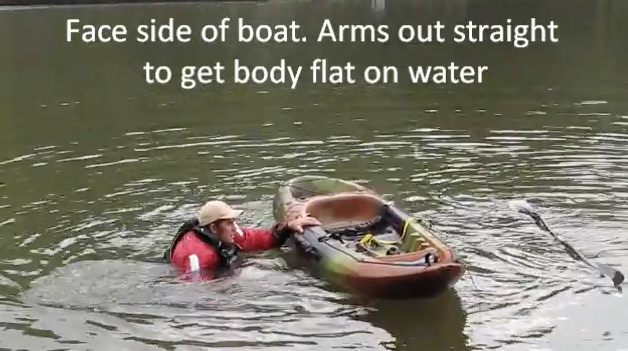
Steve Whetman from Whetman Equipment demonstrates the foolproof method for getting back on your sit on top (SOT) kayak in deep water.
If you haven’t done so already take some time and check out the range of gear being developed and produced by UK firm Whetman Equipment.
In addition to some great gear Steve Whetman has also been producing a number of videos. This one on the benefits of the HMS Karabiners is definitely worth a watch.
Walk into any climbing shop and you’ll be presented with a wide array of carabiners, loads of sizes, loads of shapes, loads of colours and a range of prices.
What ever carabiner you choose to buy please make sure that it is a type that is rated for climbing/caving and that it is suitable for job you will be asking it to do. A carabiner suitable for climbing will have its strength rating forged, stamped or etched on it. It should also conform to the relevant PPE standard (EN 12275, the standard for mountaineering connectors), this again should be present on the carabiner.
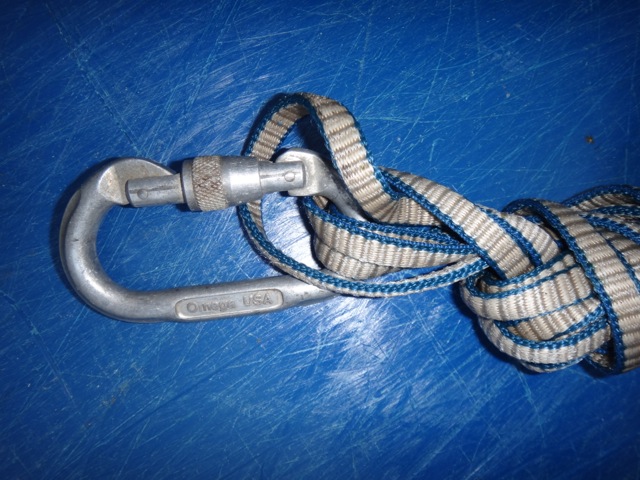
There are some really super light carabiners available out there that are great for climbing but could be too easily damaged/compromised whilst on the river. In instances where hauling, belaying or security are required locking carabiners are best. I carry four locking carabiners as part of my kit, but also have a couple of non-locking carabiners in my boat for clipping gear into that can be called into service if required.
The number you should carry is subjective – Mountainbuzz, Pin Kit.
Being able to effectively use both rope and tape is an essential skill for any paddler. The best way to gain these skills quickly is to get signed up on a course with an approved provider. The guys at Boreal River Rescue have shared some really useful information that is well worth checking out. This one relates to knots used on both rope and tape used in rescue situations including the figure 8 family as well as alpine butterfly and water knot.
They key to all things like this is to get practice so when/if they have to be used in anger they can be set up quickly and correctly.
It is never a good thing when someone gets pinned. However if it works out well and others can learn from the experience then all is good.
This GoPro edit by Josh Arntzen from the Green River Narrows shows how powerful water can be and how quickly you can get pinned.
What would you do in this situation? Leave a comment below.
© 2025 Unsponsored
Theme by Anders Norén — Up ↑
Recent Comments